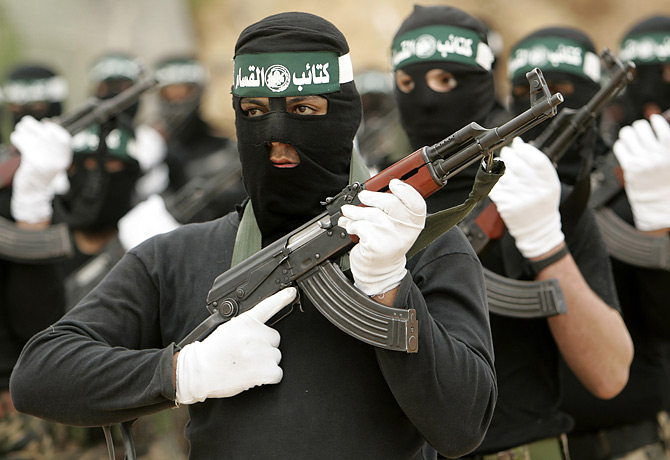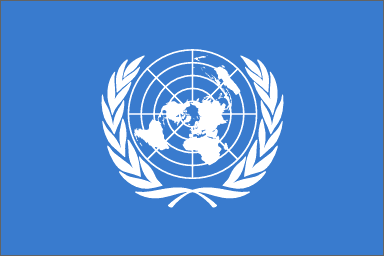- South Asia.

2. What countries does it border with?
- Borders with Central Asia and Middle East.
3. What does the geography say about the country?
- The different types of natural features range from the sandy beaches, lagoons, and mangrove swamps of the southern coast to preserved beautiful moist temperate forests and the icy peaks of the Himalaya, Karakoram and Hindu Kush mountains in the north. The climate varies as much as the scenery, with cold winters and hot summers in the north and a mild climate in the south, moderated by the influence of the ocean. The central parts have extremely hot summers with temperatures rising to 45 °C, followed by very cold winters, often falling below freezing.
4. What is the dominant religion?
- Islam.
5. Which other exist?
- Christianity, Hinduism, Parsis, Shia, Sunni, Muslims, etc.
6. What are the different ethnic groups?
- Dravidian, Indo-Aryan, Greek, Scynthian, Hun, Arag, Mongol, Persian, and Afghan.
7. Which ones are the main customs and traditions?
- There are many festivals anually celebrated, like, Pakistan Day (23 March), Independence Day (14 August), Defence of Pakistan Day (6 September), Pakistan Air Force Day (7 September), etc. The traditional music is Folkloric music, and traditional styles such as Qwwali and Ghazal Gayaki. The society is multilingual, every family has its tarditional values and respect them as much as their religion.

ºººººººººººººººººººººººººººººººººººººººººººººººººººººººººººººººººººººººººººººººººººº
"The Life of an Islamic Teenager.
1. How is this his life different from yours?
- He doesn't have a fun life, he is always worried about breaking a rule, sometimes he gets really really bored, but he can't do anything, he can't socialize the same way, etc.
2. Which custom caught your attention?
- That he can't date a girl, because I think that sometimes you can't control your feelings, and if he fell in love with someone, he wouldn't be allowed to date her or to have thoughts about her.
3. How does his religion affect his way of acting?
- He depends on his religion, he trusts the Koran completely and obeys every single rule. So, he can't drink, smoke, have sex before marrieage, eat pork, date girls,etc. These things make him inocent and different from others, which can be a good thing or a bad thing. Because many people want to be friends with him because he is nice and different, pure. But, there are also bad people that when they see how good and innocent he is, they could take advantage of him.
ºººººººººººººººººººººººººººººººººººººººººººººººººººººººººººººººººººººººººººººººººººº
"Interview to Dahmar Malik"
Ethnic group: Punjabi
Religion: Hindu
1. How often do you go to a religuous service? Where? What happens there?
- It is my responsibility to say my prayers daily and to chant the "Holly Five Syllables" at least for five minutes. I attend with my family to the temple once a week, because we are not very religious, but the really ardant people attend every day. In the temple we learn lots of things, we get refined and kindled. There are many temples in my city, but I mostly attend to the "Katasraj- Lord Shiva Temple," because it is located in Punjab, my province. Also, we can make rituals in our homes, where we invite our relatives to worship our Lord Shiva. But we mostly go tot he temple, the rituals in our homes are mpstly for purification, and only in special ocations.

2. Do you know anyone of a different religion? How do you get along?
- I do know people of different religions, but I don't get to hang with the, I spend most of the time with my family and friends, but they all belong to the Hindu religion. It would be a bad influence for me to people that don't worship the same God as me.
3. Do boys and girls hang out socially? Do you go to parties?
- I am not allowed to attend to parties that don't have anything to do with my religion. And I can't hang out with boys, just with my relatives and with my future husband. I only have girl friends of my same religion.
4. How many people live in your house? How do you interact?
- I live with my dad, my mom, and my two older brothers.
5. Who goes to school in your family?
- My two brothers, while I stay at home to help my mom with the chores.
6. How do you dress?
- I love wearing saris, because they all have different styles and colors. Then, on top of the sari, I use a choli which is a blouse that ends just below the bust. One of the most traditional dresses is the Lehanga, but I only use it in special ocations because it isn't as comfortable as the sari, and it's too hot for the weather in Pakistan.
7. Which ones are your daily chores?
- My daily chores consist in worshiping at the dawn after bathing with the whole family, meditation, singing devotional hymns,chanting mantras, recyting religious scrypts, etc. I also get to help my mom with the cleansing of the house and cooking.
8. What does it mean to be belong to your ethnic group?
- Our identity is primarily cultural and linguistic, our language comes from the Indo.Aryan, but we have adopted the Urdu. Most of the Punjabis are located in my province, Punjab, but you can also find little groups in India, and in different parts of the world because of the emmigration. There's a variety in diversity, due to our location near Central Asia. The most of us share a similarity in genes, we have traditionally and historically been soldiers and farmers. We are all composed by different groups of religion, and economic status and caste. It is an honor for me to belong to an ethnic group which is one of the oldest and richest cultures in the world history.
9. Where are your relatives from?
- All of my relatives are from Pakistan, Only one of my uncles comes from India, and he is also an Hindu.
10. Do you hang out with people of other ethnicities? How do you get along?
- I just hang out with people of my same ethnicity, with the Punjabis.
11. Do you have to marry someone of your same ethnicity?
- Hinduism divides the society in four sects, so we have to marry someone of our same caste, same religion, and same ethnicity always. Also, we still pratice arranged marriages. When we are born, our parents start looking for prospects. The astrology of our birth influences much in their decision, and we can get married since little. And besides marrying someone of my same religion, I do have to marry a Punjabi, otherwise it would be against my principles.
12. Describe a typical tradition:
- Purification is an important part of our religion, we have to purify ourselves in mind and spirit. When our senses are purified, we are transparent and are able to see the wisdom of life. A great way to clean our body is to practice yoga, which gives you emotional estability and prepares you for the union with God. We also bathe the complete body, in my family, we do it in the river that runs near my house, in the woods. We do it to maintain purity after someone's death or before a festival.





